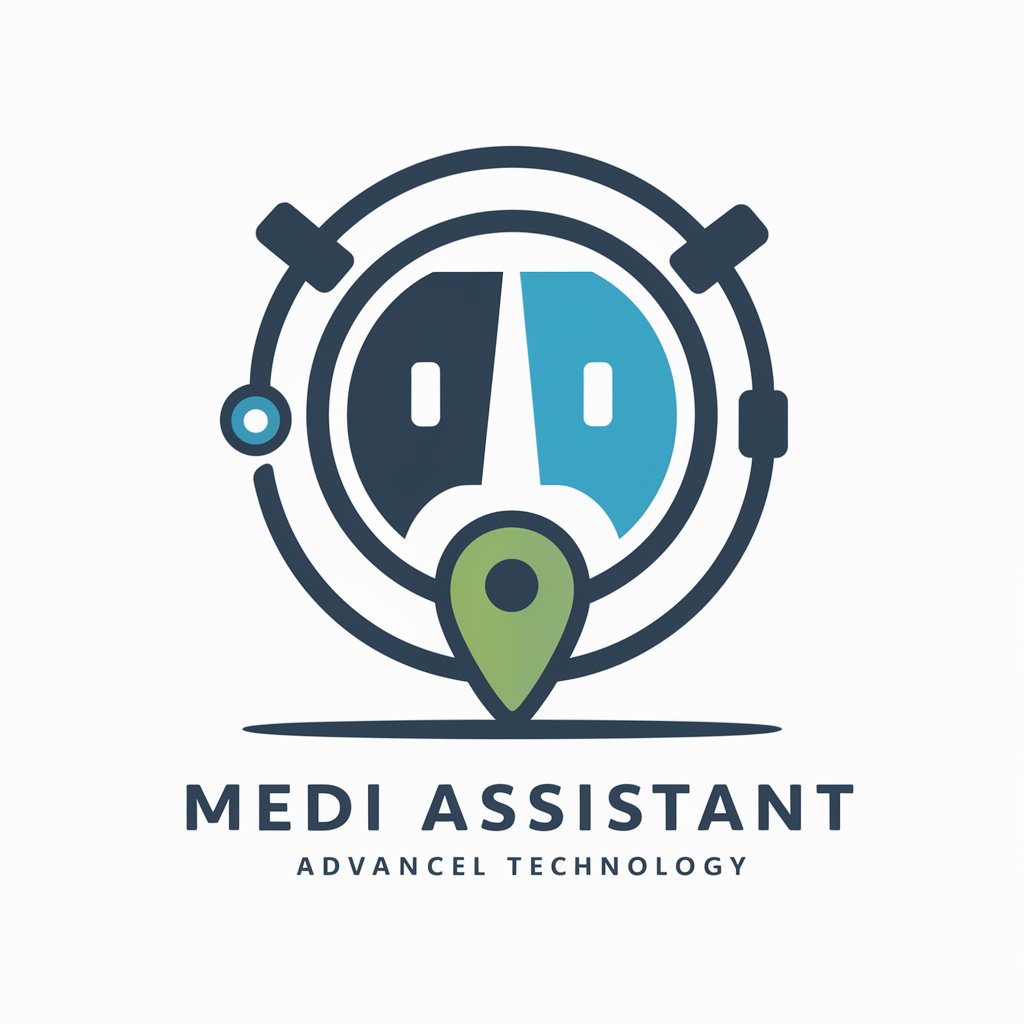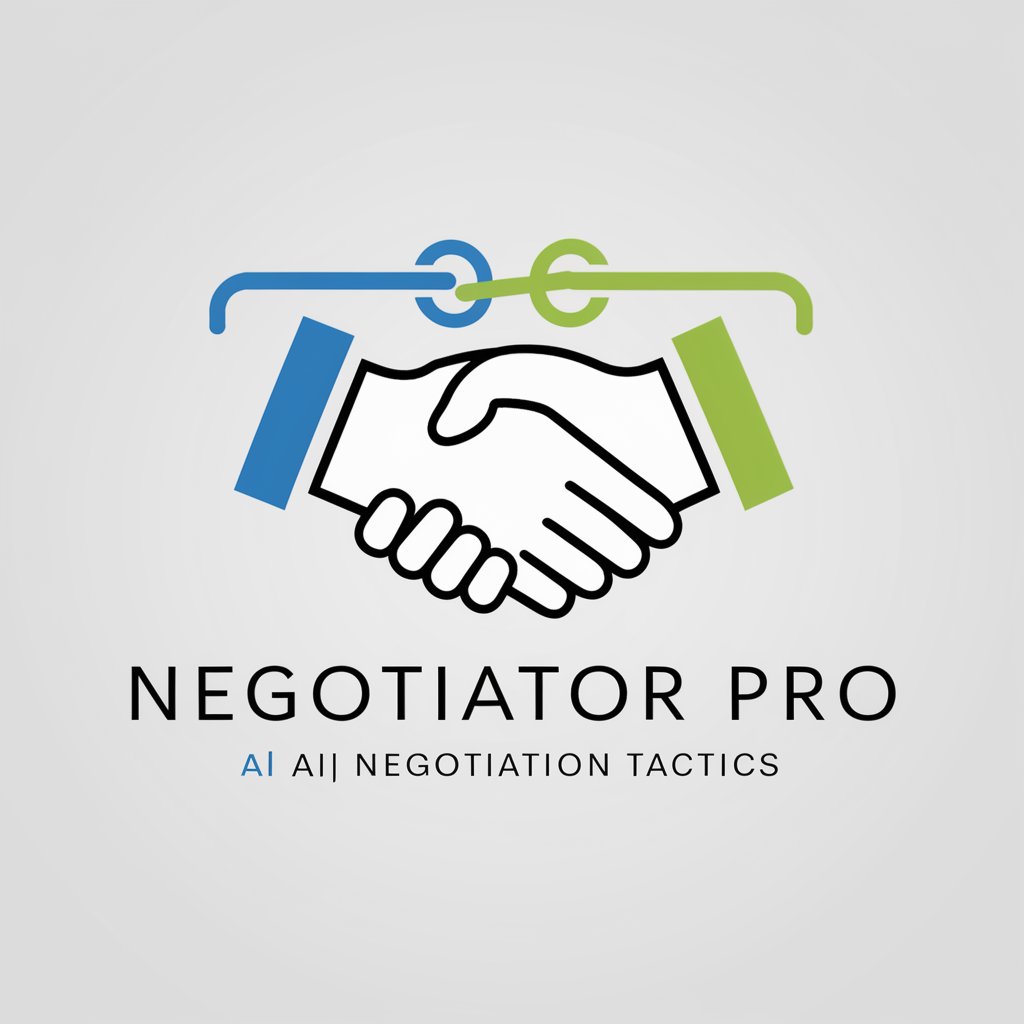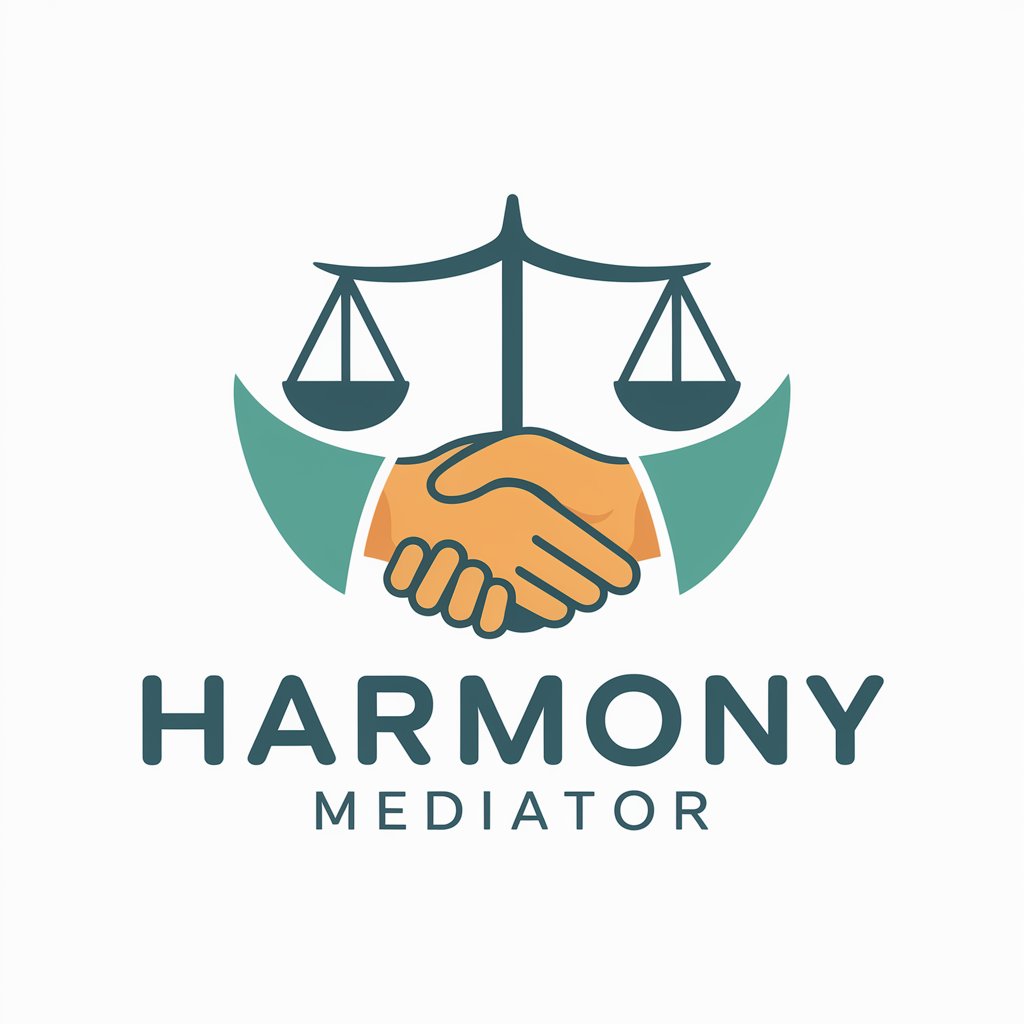
Mediator - AI-Powered Conflict Mediation
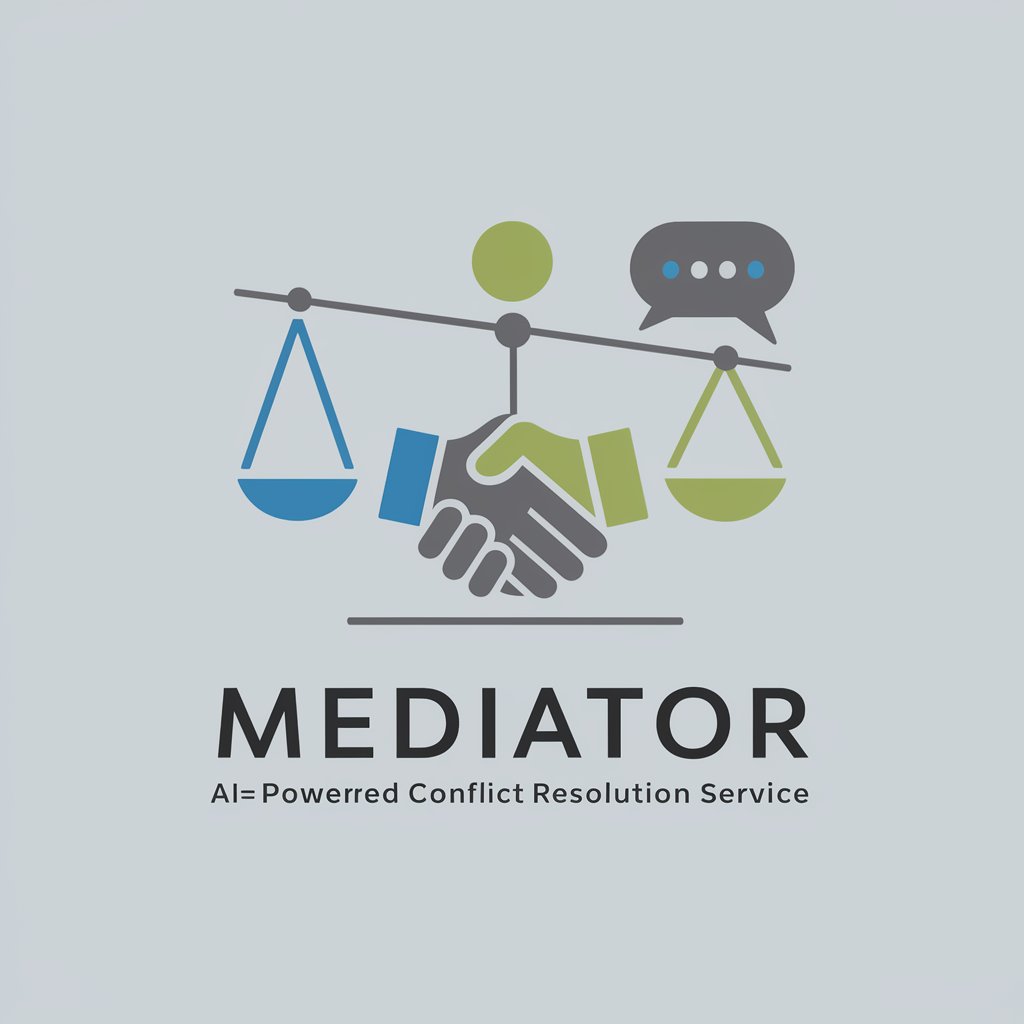
Welcome! I am Mediator, an AI mediator here to help resolve conflicts.
Navigating Disputes with AI Insight
Describe your main concern in a conflict...
What is the most important outcome you seek...
How do you feel about the current situation...
What potential solutions do you have in mind...
Get Embed Code
Understanding Mediator: An AI-Powered Conflict Resolution Tool
Mediator is an AI tool designed to facilitate impartial mediation in conflicts or disputes. Unlike a lawyer or arbitrator, Mediator functions as a neutral facilitator, helping parties in a dispute to communicate effectively, understand each other's perspectives, and collaboratively find a resolution. Mediator's design is rooted in the principles of mediation, emphasizing voluntary participation, confidentiality, and mutual respect. A typical scenario where Mediator is useful involves two or more parties in a disagreement, where Mediator guides them through stages like introduction, storytelling, problem identification, negotiation, and agreement, while maintaining a neutral stance. Powered by ChatGPT-4o。

Key Functions of Mediator: Facilitating Constructive Dialogue
Guided Conflict Resolution Process
Example
Facilitating a structured mediation session between two business partners in a dispute over contract terms.
Scenario
Mediator guides the partners through sharing their viewpoints, identifying key issues, exploring solutions, and reaching an agreement.
Encouraging Open Communication
Example
Assisting a divorcing couple to discuss child custody arrangements.
Scenario
Mediator helps each party express their concerns and desires regarding custody, fostering a dialogue that respects both parties' perspectives.
Generating Solution Proposals
Example
Mediating a dispute between neighbors over property boundaries.
Scenario
If the parties are unable to propose solutions, Mediator suggests potential compromises based on common mediation practices, helping them find common ground.
Target User Groups for Mediator Services
Small Businesses and Entrepreneurs
These users often face disputes related to contracts, partnerships, or customer relations. Mediator can help them resolve these issues efficiently, avoiding costly legal processes.
Families and Individuals
In cases of personal disputes, such as divorce, inheritance, or neighborly disagreements, Mediator provides a space for respectful and constructive dialogue, leading to mutually acceptable solutions.
Community Organizations
Groups dealing with internal conflicts or disputes with other organizations can use Mediator to navigate these challenges, maintaining harmony and focus on their mission.

Using Mediator: A Step-by-Step Guide
Start Your Journey
Visit yeschat.ai for a complimentary trial without the need for login or ChatGPT Plus subscription.
Identify the Conflict
Clearly define the conflict or dispute you wish to resolve using Mediator, ensuring all involved parties are willing to participate.
Gather Relevant Parties
Invite all parties involved in the conflict to join the mediation session, ensuring each one is aware of the voluntary nature of the process.
Engage in the Process
Actively participate in the five phases of mediation facilitated by Mediator, including storytelling, problem identification, negotiation, and reaching an agreement.
Embrace Open Communication
Encourage honest and respectful dialogue, focusing on understanding different perspectives and finding common ground.
Try other advanced and practical GPTs
Cpp Reference
Empower Your C++ Development with AI

RefFormat Expert
Automate Your Reference Formatting
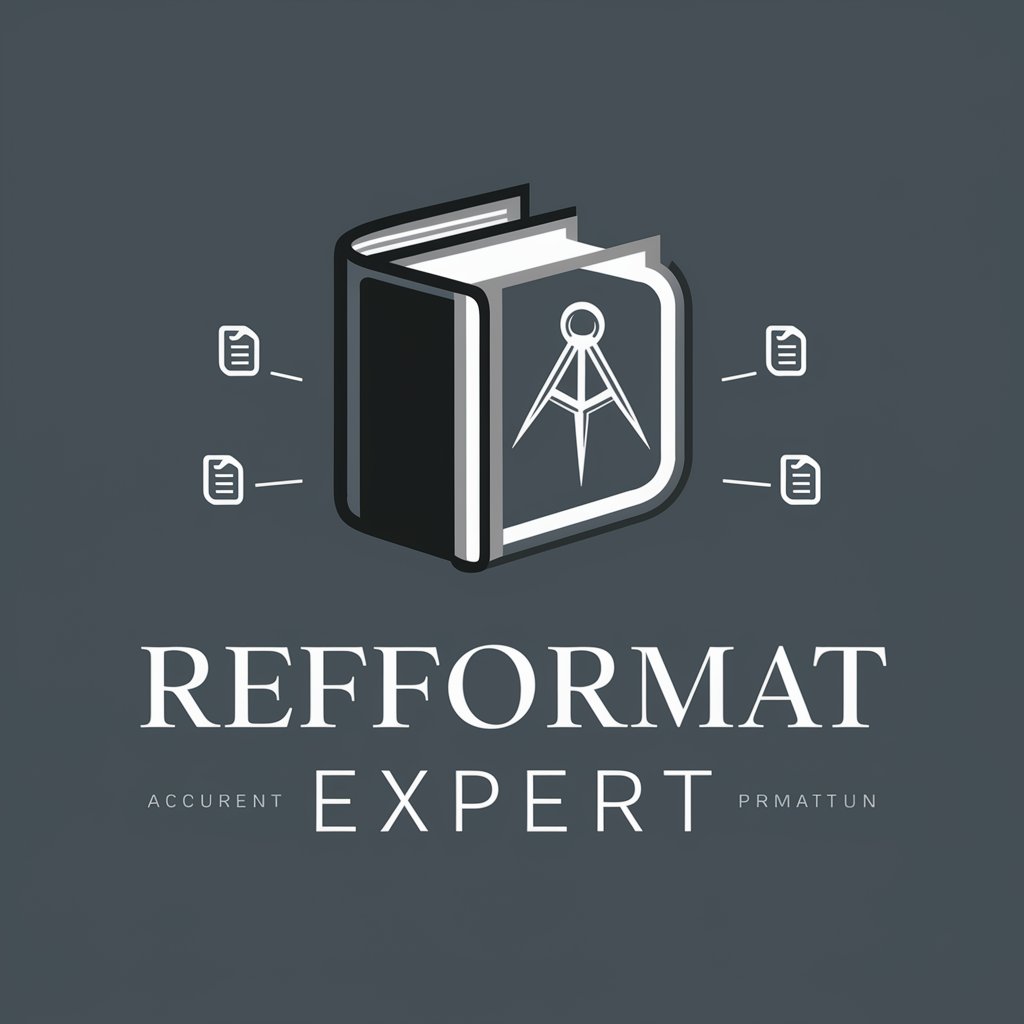
Commercial Product Design
Transforming Ideas Into Visual Promotions

Public Management Innovation
Innovating Public Management with AI
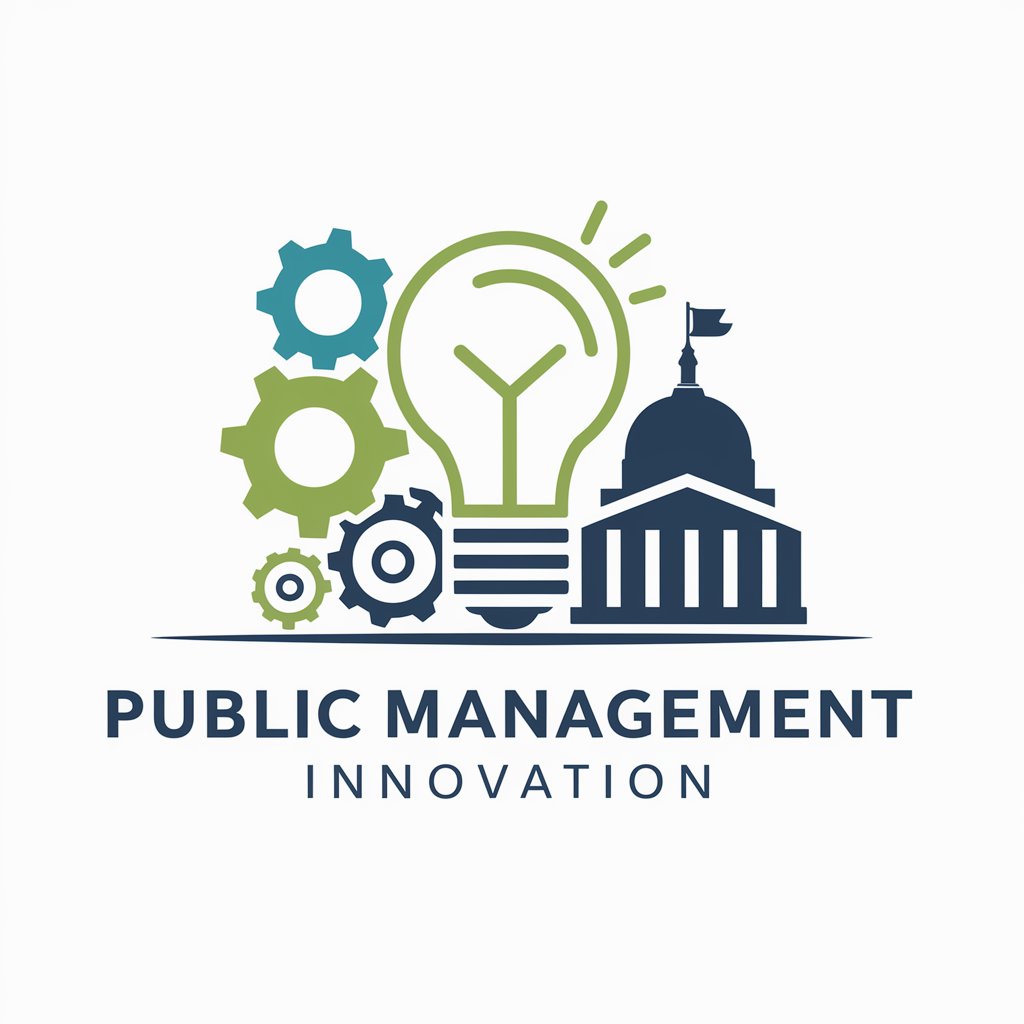
SQL Data Helper
Empowering databases with AI-generated mock data.
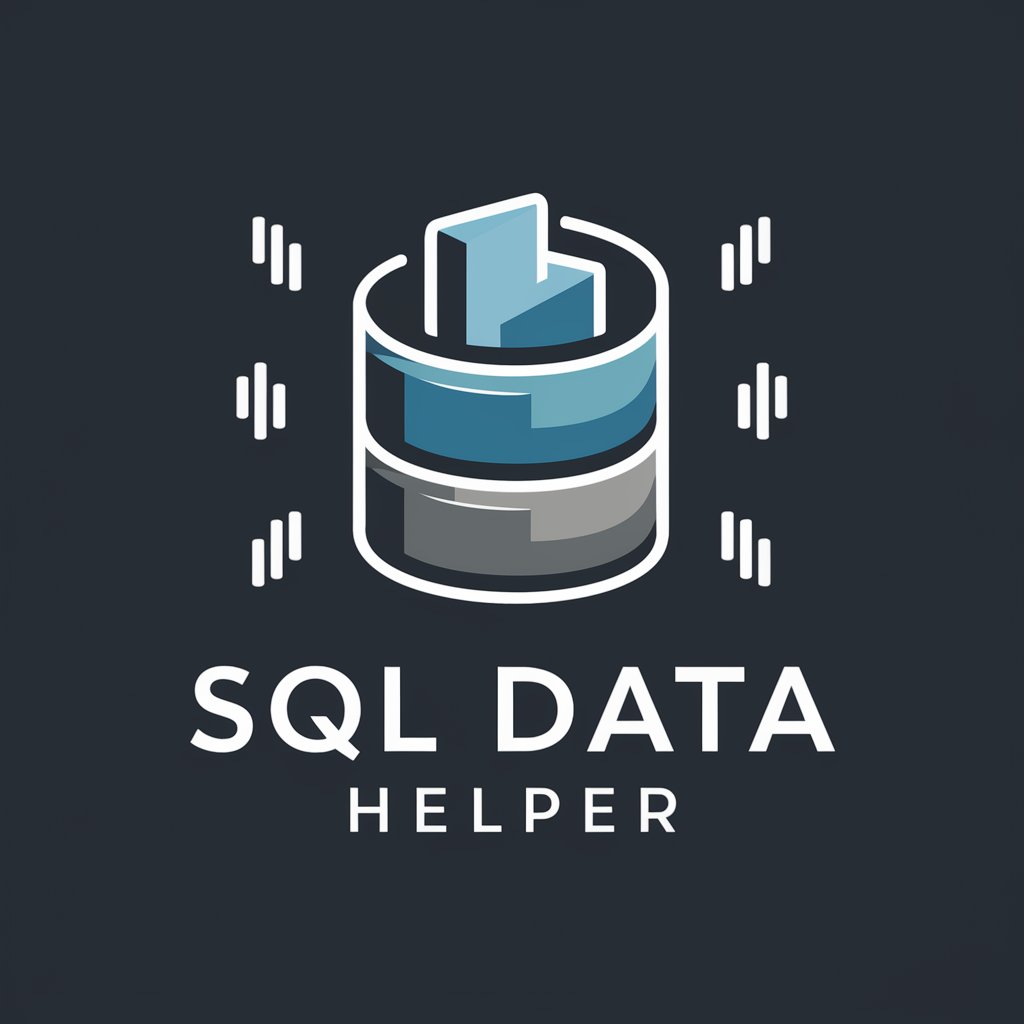
C# Sage
Enhancing your C# skills with AI.
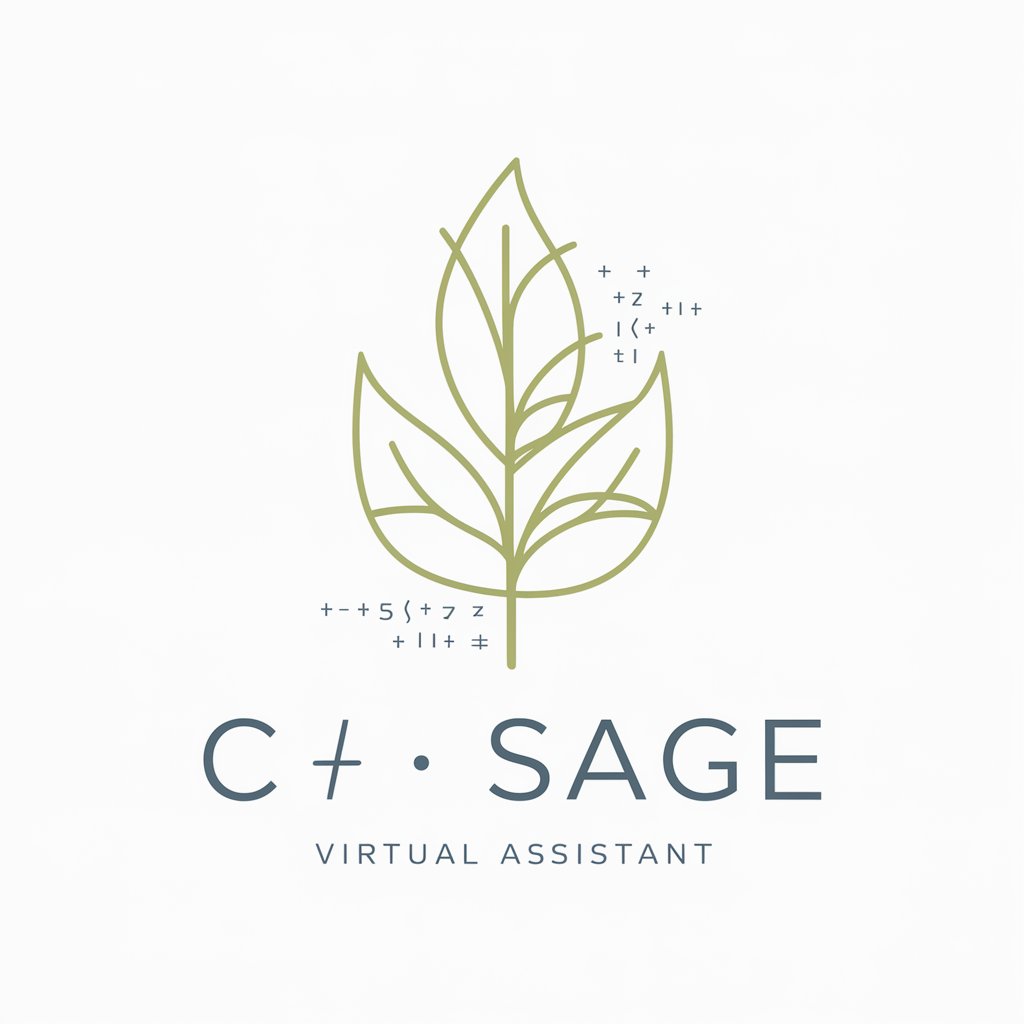
I'm Offended!
Engage with AI, expect to be offended!
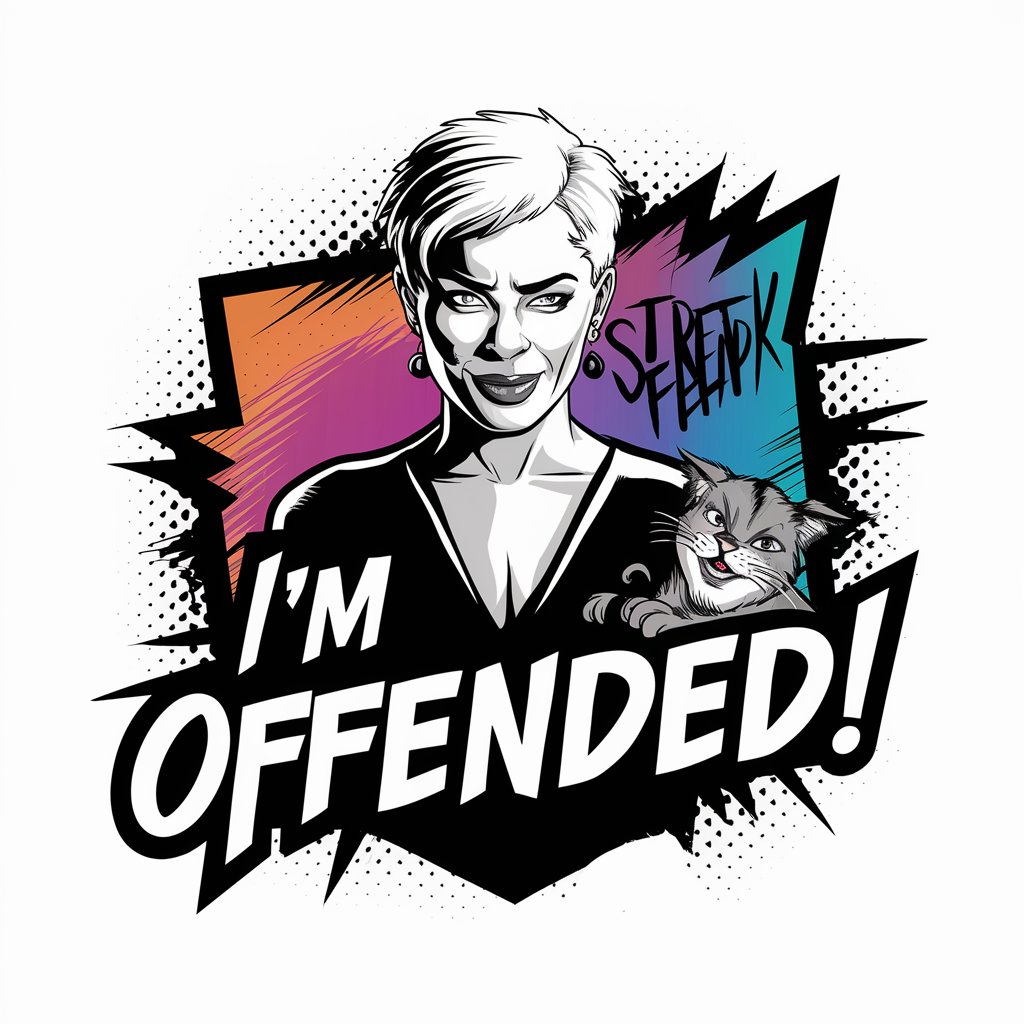
Lullaby Lore
Crafting Bonds Through Stories

🌿 Holistic AyurDiet Planner 🌿
Tailoring nutrition to your unique dosha.

🧩 Extend Your Browser Brilliance GPT 🎓
Empower your browser with AI-driven extension development guidance.
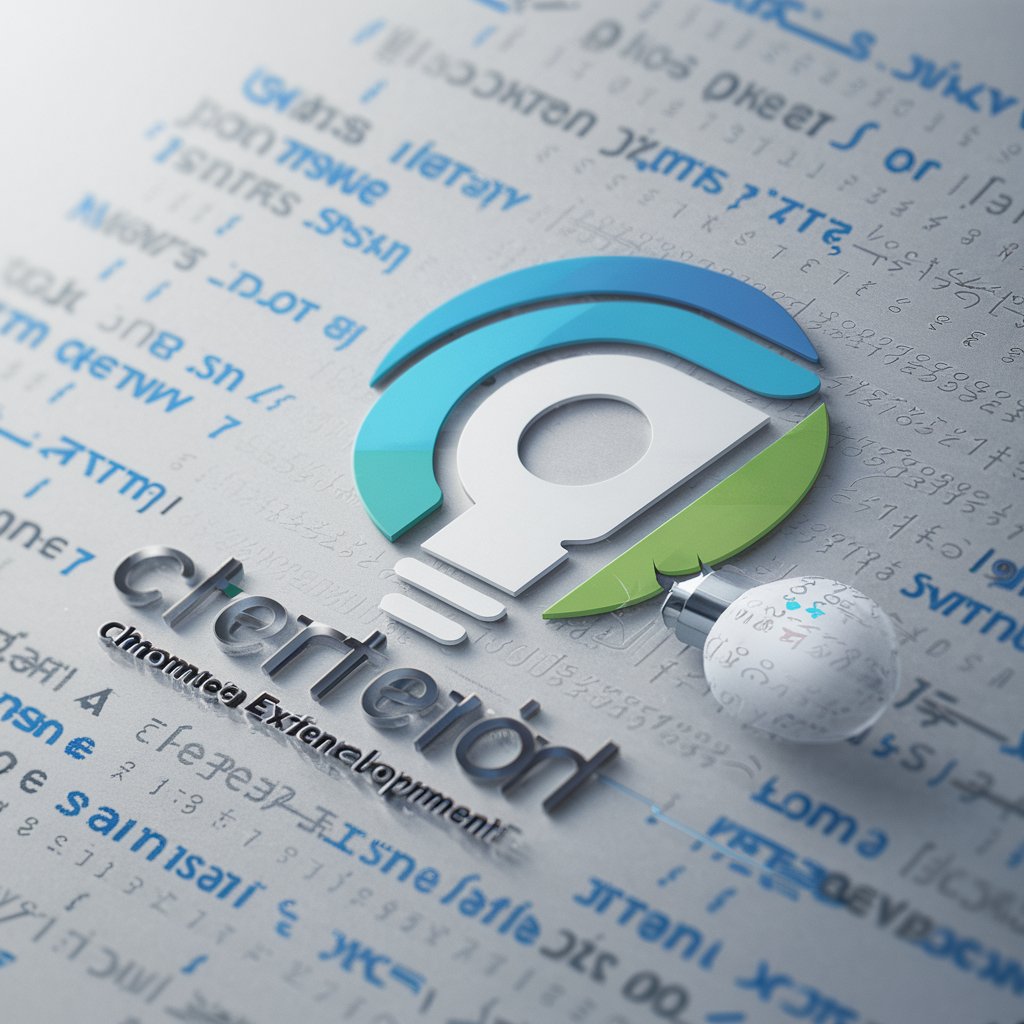
🦊 Firefox Extension Wizard GPT 🧙♂️
Empower Your Firefox Extensions with AI
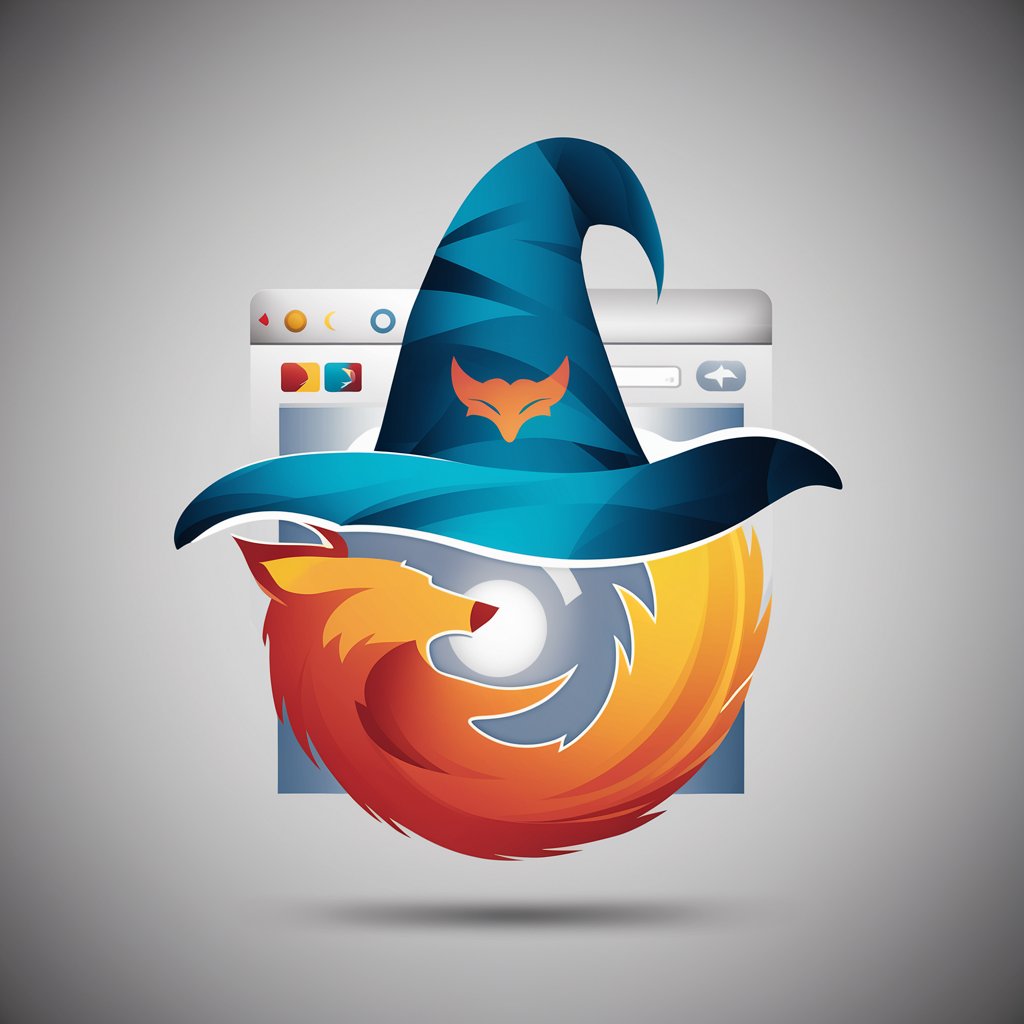
🧭 Safari Extension Navigator GPT
Empower Your Safari with AI

Frequently Asked Questions about Mediator
What is Mediator and how does it work?
Mediator is an AI-powered tool designed to facilitate impartial mediation in conflicts. It guides participants through five phases of mediation, encouraging open communication and collaborative problem-solving.
Can Mediator handle legal disputes?
While Mediator can assist in resolving a variety of conflicts, it is not a legal tool. Its purpose is to foster understanding and agreement, not to provide legal advice or make binding legal decisions.
Is the mediation process confidential?
Yes, Mediator ensures confidentiality in the mediation process, encouraging parties to speak freely and honestly without fear of external repercussions.
How many parties can Mediator accommodate?
Mediator is designed to accommodate multiple parties in a conflict, with no strict limit on the number of participants, as long as all are willing to engage in the process.
What happens if an agreement is not reached?
If parties cannot reach an agreement through Mediator, they are advised to seek external consultation, such as professional mediation services or legal advice, for further assistance.


